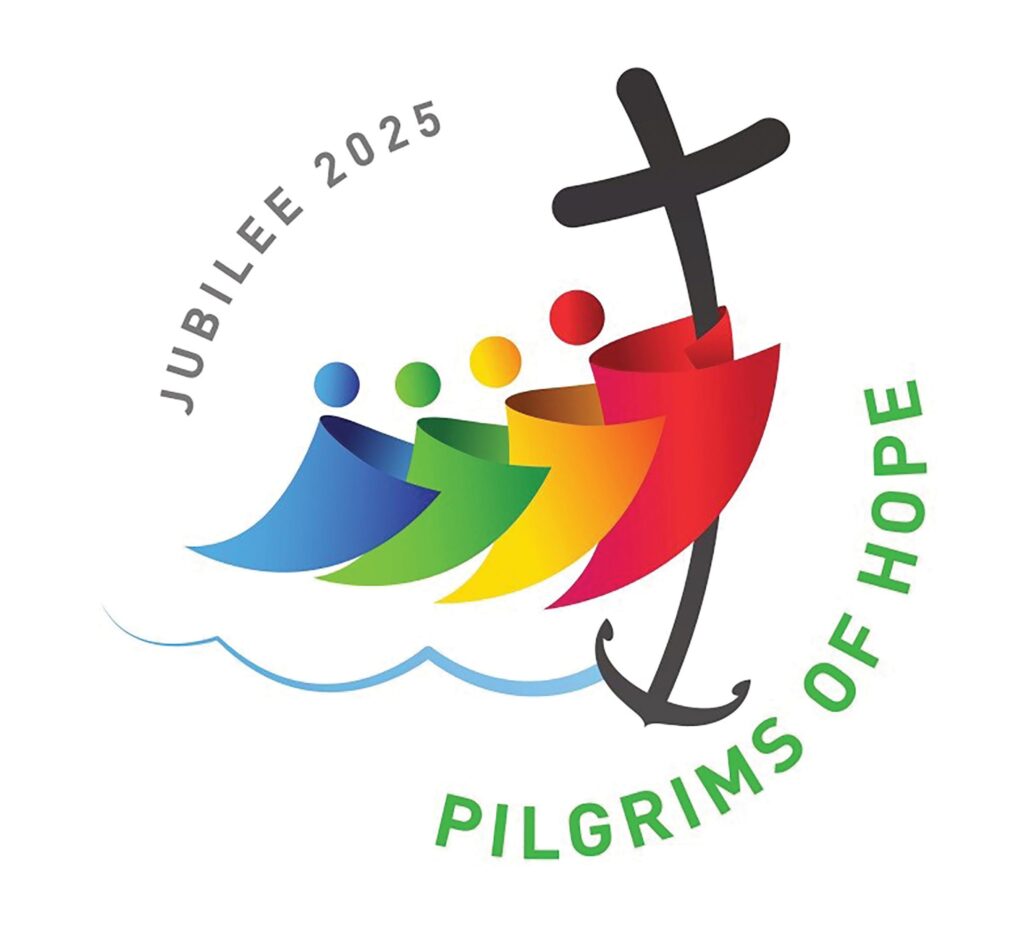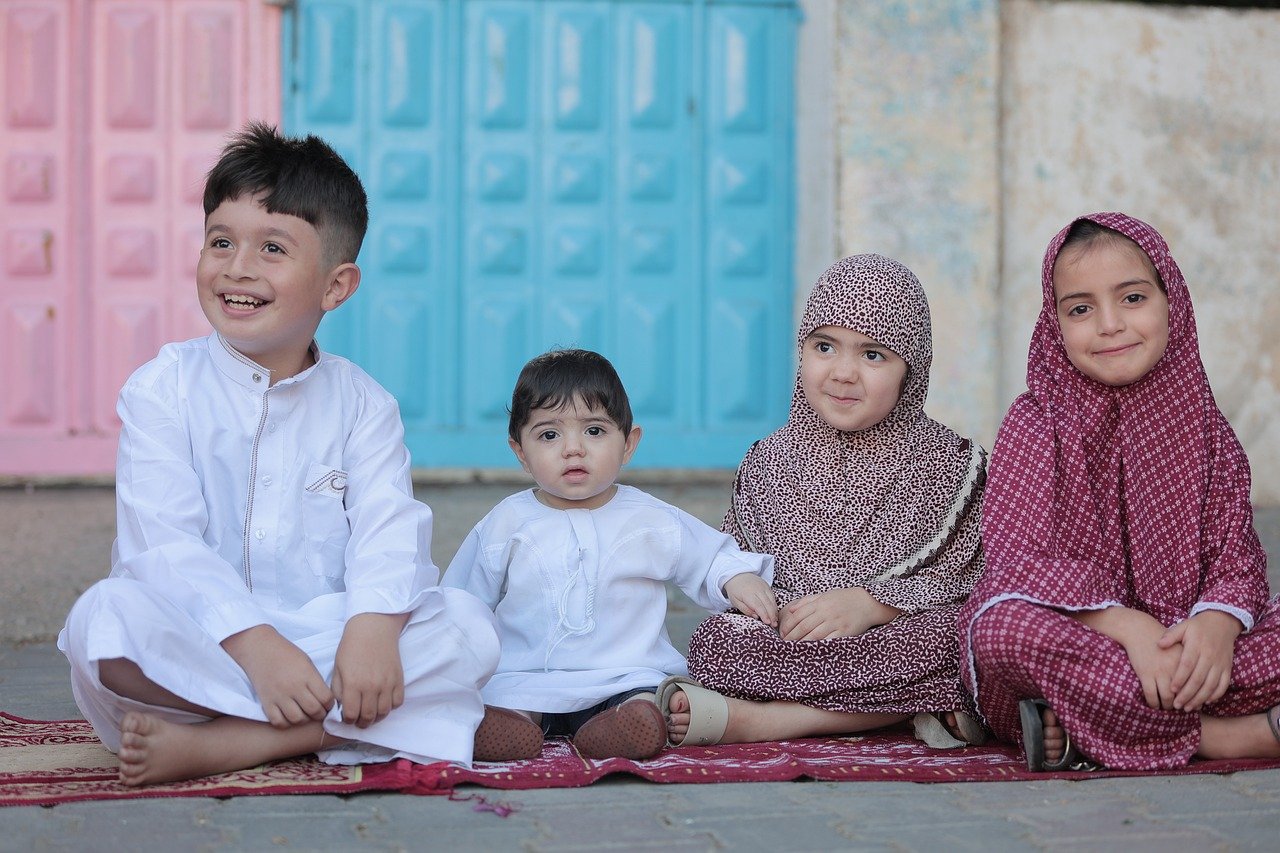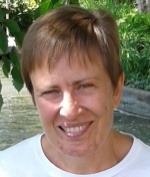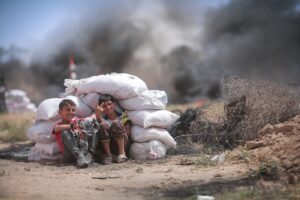I woke up on November 6, 2024, hardly daring to breathe. Turning with trepidation to my mobile’s incessant notifications, my heart sank with the realization of my worst US election outcome fears. How could this be? A world already made so dark this year by escalating global conflicts and catastrophic climate change events had just become appallingly darker.
The tired, anxious faces of the countless number of people I have encountered over the course of the year at the Migrant Center run by St. Francis of Assisi parish, within LifeWay Network’s safe homes for survivors of human trafficking, and at St. John’s Bread and Life digital pantry are etched in my mind and prayer. What will January 20, 2025 mean for them and for so many more?
Day by Day, too, in each of these places of sanctuary, I draw strength and inspiration from a valiant cadre of hope “doers” standing firm, rooted in purpose, anticipating possibilities for resistance and the transformation that solidarity with the most vulnerable may require.
As Advent unfolded, my heart turned again to the work of Kelley Nikondeha, The First Advent in Palestine: Reversals, Resistance, and the Ongoing Complexity of Hope, recognizing ways in which my first encounter with Nikondeha’s writing a year ago has profoundly influenced the hope-lens through which I gaze into our troubled times.1 No longer coated in optimism, this calm, resolute hope-space within insists that, in the midst of the world’s darkness, God is working out God’s own peace campaign through the million daily gestures of people who know that “Hope is a verb with its shirt sleeves rolled up.”2
In Nikondeha’s words,
Advent was never just about seeing the star over Bethlehem, but about practicing hope in hard landscapes, where hope isn’t what we see – it’s what we do. The advent narratives offer us a place to look as we begin our own practice of hope, as we trust God to break the cycle [of imperial violence] for good.3

Tomorrow, Pope Francis will open the Holy Door of St. Peter’s Basilica to officially commence a Jubilee Year dedicated to Pilgrims of Hope. Doing hope with Advent’s tools of hospitality, solidarity and nonviolence4 are needed now as ever. May hope doers everywhere receive an abundance of serenity, courage and wisdom for the journey that lies ahead.
Christmas blessings!
1 See my January 15, 2024 blog article, “Doing Hope“: https://rndmcanada.org/2024/01/15/doing-hope/ .
2 The Paula Gordon Show, “Hope is a Verb,” November 20, 2009, https://www.paulagordon.com/shows2/orr2/index.html .
Claudia Stecker is a Sister of Our Lady of the Missions (RNDM). She was missioned to the Philippines in 1997 and worked as an educator, first, in Cotabato, at Notre Dame University, and, later, in Manila, at Asian Social Institute. Her subject areas included pastoral sociology, leadership, music and education. Claudia was also employed by Kuya Center for Street Children where she took part in establishing a microfinance initiative among urban poor families. Over the years, Claudia served the congregation, too, in leadership, formation and finance management, returning to Canada in 2021. From 2023, she has been missioned to New York, USA, where she serves as a host community member in a LifeWay Network safehouse for women survivors of human trafficking.





I also “woke up on November 6, 2024, hardly daring to breathe.” Thank you for your clear description of those feelings, and the contours of our struggle. Thank you for the reminder that “hope is a verb with its shirt sleeves rolled up.”
I definitely share your feelings about that election. It was a shock and disappointment all in one.
I love the idea of seeing hope as a verb. We need more challenges like that, especially in this upcoming year of hope.
i admire your mission work with the trafficked people. They definitely need caring, trustworthy people like you!
Thank you, Doer of Hope. It is certainly difficult to see how the coming year can be one of Hope for so many vulnerable people across the world. I join with you in praying for the gifts of serenity, courage and wisdom for the many pilgrims of hope who continue to do small things which can make a difference.